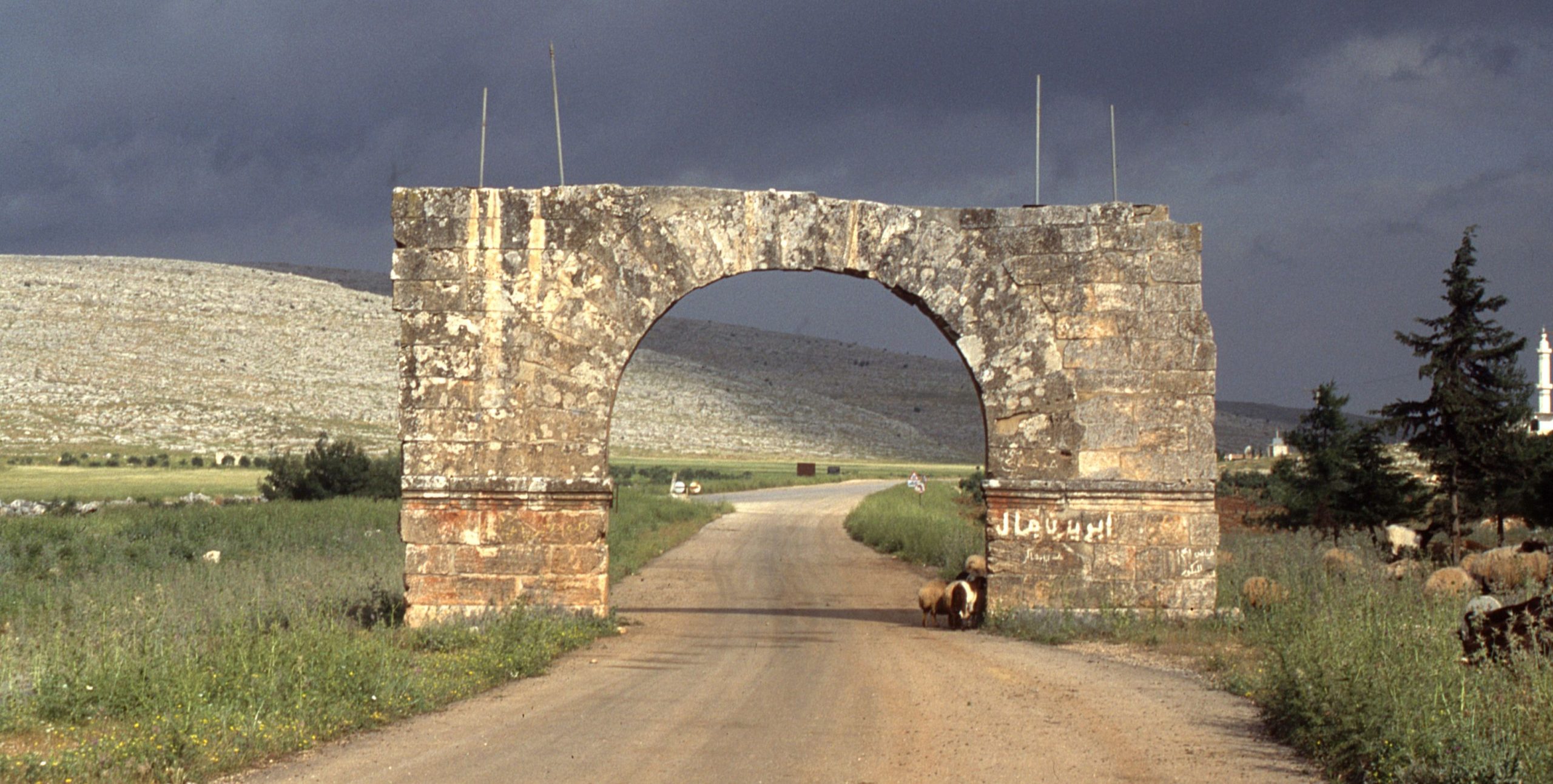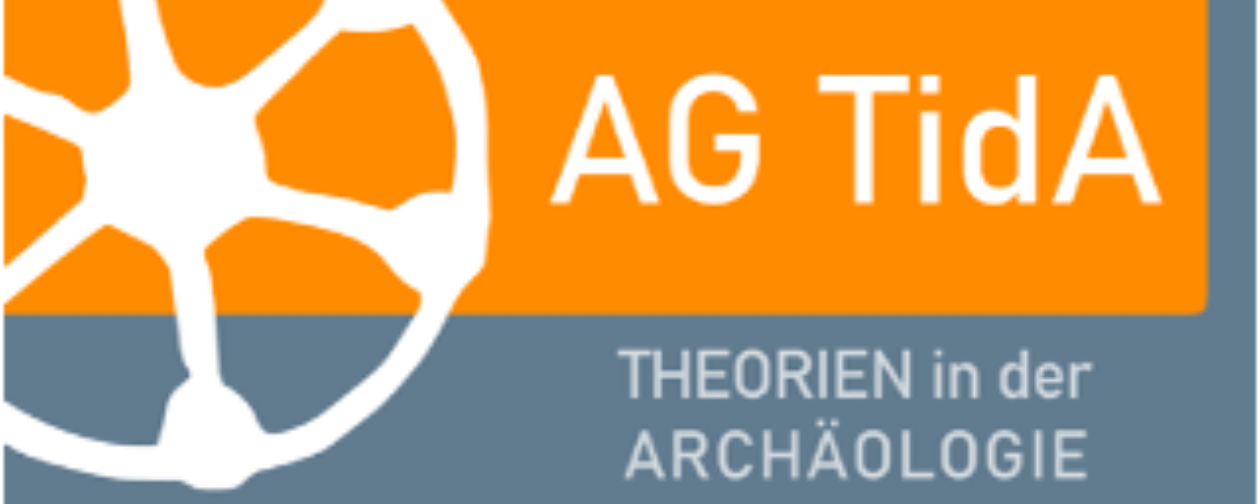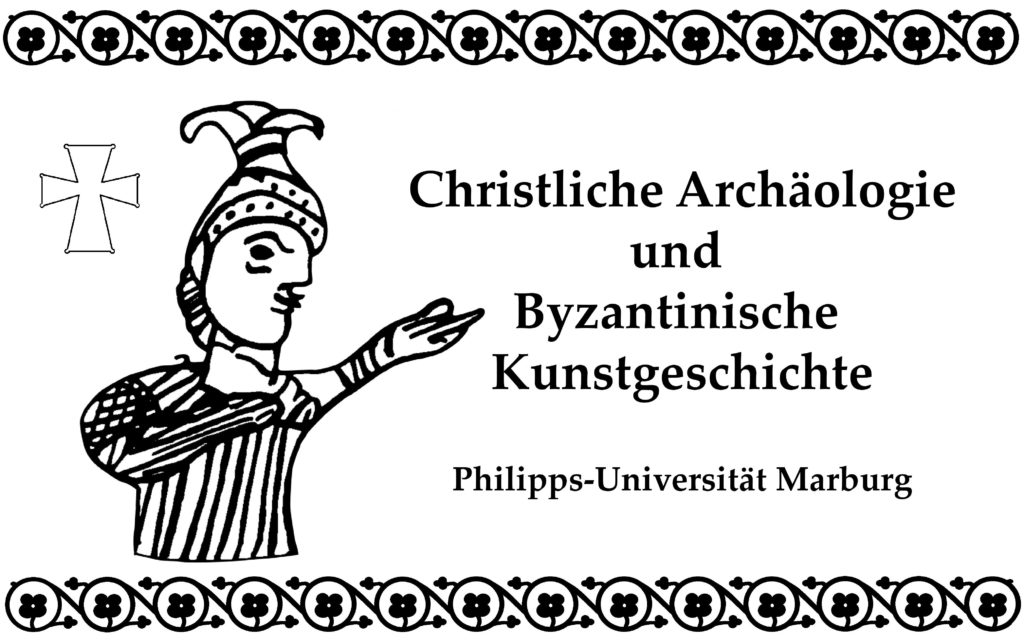
Call for Participation
Digital Workshop (World Café), 18 February 2022
Attention: Call for Paper extended until January 31, 2022!
“Clearly, then, mobility is not just a function of time and space, but an agent in their production. While the movement of the train occurs in abstract, absolute space and time, it plays a central role in the production of social time and space. Here, movement becomes mobility.“
Tim Cresswell, On the move. Mobility in the Modern Western World, 2006, 6
‘Mobility’, ‘movement’ and ‘motion’ have developed into major fields of research in the social sciences and humanities over the last years, implied by the ‘new mobilities paradigm’ and the ‘mobility turn’, which strongly resonated in archaeology. In this workshop, we will introduce and discuss some of the latest theoretical and methodological trends in archaeological research on mobilities, clustered around our six thematic tables: migration and material culture, mobilities and gender, religious travels and sacred geographies, mobilities and resources, mobilities and asymmetrical dependencies and post-mobility. Our aim is to bring together scholars from different archaeological disciplines and indeed beyond, to gain a broad range of perspectives and case studies on these themes, potentially as a basis for future collaborations.
Together, we want to explore different questions about mobilities in archaeology, and exchange ideas about our various approaches, methods and goals. In the process, we want to give each other new impulses and ideas for our research.
This digital workshop will take place on 18 February 2022. In order to generate a creative working atmosphere, we want to conduct the workshop using the World Café method. Group discussions and breakout sessions are planned. We will introduce each session with a specific query that relates to the overall workshop question. During the event, participants will discuss these questions within their group before moving on to the next table/group. At the end of the process, a plenary session will summarize the key ideas and discuss follow-up options.
The workshop will take place via Zoom. We encourage scholars from all academic levels to participate.
Please register by sending a short statement of motivation (max. 200 words) by 31 January 2022 to: agkulturbewegung@agtida.de
Programme (18 February 2021)
| 9:30 CET | Welcome |
| 9:45 | Keynote lecture: Dr. Caroline Heitz (University of Oxford) |
| 10:30 | Coffee break |
| 10:45 | Introduction to table topics |
| 11:30-1:00 | World Café I (3 group sessions) |
| 1:00-2:00 | Lunch break |
| 2:00-3:30 | World Café II (3 group sessions) |
| 3:30-4:00 | Coffee break |
| 4:00-4:45 | Discussants: PD Dr. Sabine Klocke-Daffa (University of Tübingen), Dr. David Beresford-Jones (University of Bonn/University of Cambridge) |
| 4:45-5:45 | Open discussion |
| 6:00 | Apéro (in Wonder.me) |
Table topics
World Café I
1. Migration and Material Culture (Sabine Neumann)
New material culture studies, which pointed out the entanglement between people and objects, made an important contribution to the study of mobilities and migration of individuals and groups. Can migration be studied on the basis of material culture? Did different forms of migration leave different material traces? Which is the role of the object during and after migration? Our table will look at the methodical identification of migration and mobilities in archaeological records, the meaning of objects brought by migrants on their journeys and their transmission to subsequent generations, the appropriation and reinterpretation of local objects by migrants.
2. Mobilities and Gender (Julia K. Koch)
When the topics ’mobility‘ and ’gender’ are brought together, reference is made almost reflexively to the so-called ’foreign bride‘, who since the 1980s has become one of the important agents of ancient societies – sometimes passively, sometimes actively, depending on the approach of the researchers. According to the self-image of archaeological gender research, however, the aspect of ’gender’ encompasses much more than being lazy code for ‘women’, and should be integrated into all studies on mobility. This would make a separate discussion table superfluous. But has this ideal been implemented in archaeological mobility studies? Is ‘gender’ really always taken into account? Or do we come up against methodological limits that do not allow us to visibly integrate all gender, age and status groups equally into mobility concepts for archaeological periods?
3. Religious Travels and Sacred Geographies (Katerina Ragkou)
In the pre-modern world, religious travel was a vital part of social, economic and religious life. It linked humans, landscapes, places, sanctuaries, cult sites, divinities, monuments, practices, objects and traditions and took place for a variety of purposes (i.e. pilgrimage, council journeys, exile, or missionary expeditions). Our table seeks to reconstruct the types and patterns of religious travels. What made a cult site a centre for pilgrimage? What was the impact of connectivity, topography and position in the exchange system? We will take relational theories, landscape analysis and the mobility of people and objects into account in order to explore the latest trends on pilgrimage archaeology, religious travel and sacred geographies. We will include not only landscape and network analysis, but also religious objects and their mobility in discussing our topic.
World Café II
4. Mobilities and Resources: Encounters-Conflicts-Negotiations (Raffaella Da Vela)
What happens when resources are the triggers of mobility? Which form of mobilities are linked to resources and which kind of interactions are possible? Did different resource landscapes affect the mobility of people and objects differently? Our table approaches mobilities after and around resources and their consequences in the form of negotiation, encounters, conflicts, and cooperative strategies. As resources, we not only understand raw materials (such as water, stone, wood), but also all materials and immaterial means of constructing and negotiating identities in ancient societies. Landscape archaeology, archaeology of connectivity and intra-site analysis will be proposed as possible research methods to discuss the complex relationships between mobilities and resource landscapes.
5. Mobilities and Asymmetrical Dependencies (Christian Mader)
The human past and present are infiltrated by instances of (coerced) mobilization and relocation for diverse work-related purposes, ranging from exploitation and servitude to the aspiration for a better life. How and when was ancient mobility implicated in human asymmetrical dependencies? What is the relationship between mobilities and asymmetrical dependencies? Our table will seek to gather a wide spectrum of perspectives on the theme, engaging with theories and methods, looking for indicators of mobility and dependency in the archaeological record, and discussing analytical techniques.
6. Post-mobility: and then what follows? (Asuman Lätzer-Lasar)
What are the implications of mobility and migration, and which effects did mobility of people, goods or knowledge and ideas have on local societies as well as on the moving entities? Mobility always leads to negotiation processes in order to be able to adapt to the new environment, be it physical or imaginary. Interestingly, in humans the previous place of origin remained a decisive element of self-identification, as epitaphs for instance have clearly shown. Thus, mobility is a constituent of societies and had an impact also on groups of primarily sedentary people. Our table will discuss the diversity of the effects which different qualities of mobility (long-term, short-term, religious, trade, etc) had on people, on their interactions and practices and on the human-environment relationship, taking into account different scales, such as time dimensions, mass and power.
Organizers:
- Dr. Raffaella Da Vela (University of Tübingen)
- Dr. Julia K. Koch (Keltenwelt am Glauberg)
- Dr. Asuman Lätzer-Lasar (University of Erfurt, Max Weber Centre)
- Dr. Christian Mader (University of Bonn)
- Dr. Sabine Neumann (University of Copenhagen)
- Dr. Katerina Ragkou (University of Marburg)
Associated projects:
- DFG – CRC 1070 ResourceCultures, Project B04 Project Division B Movements, University of Tübingen
https://uni-tuebingen.de/en/research/core-research/collaborative-research-centers/sfb-1070/research/project-division-b/ - Independent Research Fund Denmark, Migrants and Membership Regimes in the Ancient Greek World, University of Copenhagen
https://migrantsandmembership.org/ - Research Group “The Archaeology of Dependency (ArchDepth): Resources, Power and Status Differentiation”, Bonn Center for Dependency and Slavery Studies, University of Bonn
https://www.dependency.uni-bonn.de/en/research/research-groups/the-archaeology-of-dependency-archdepth-resources-power-and-status-differentiation - Sacred Landscapes in Late Antique and Byzantine Thessaly, Philipps University of Marburg
https://www.uni-marburg.de/de/fb05/fachgebiete/fachgebiete/christliche-archaeologie-und-byzantinische-kunstgeschichte/forschungen/sakrale-landschaften-im-spaetantiken-und-byzantinischen-thessalien - DFG-Humanities Center for Advanced Studies “Religion and Urbanity. Reciprocal Formations (FOR 2779)”, Max Weber Centre for Advanced Cultural and Social Studies, University of Erfurt
https://www.uni-erfurt.de/en/max-weber-kolleg/forschung/forschungsgruppen-und-stellen/research-groups/humanities-centre-for-advanced-studies/kolleg-forschungsgruppe-kfg-religion-and-urbanity-reciprocal-formations-for-2779






